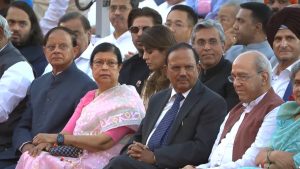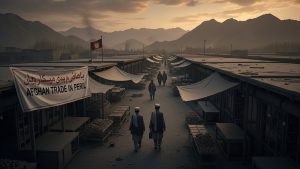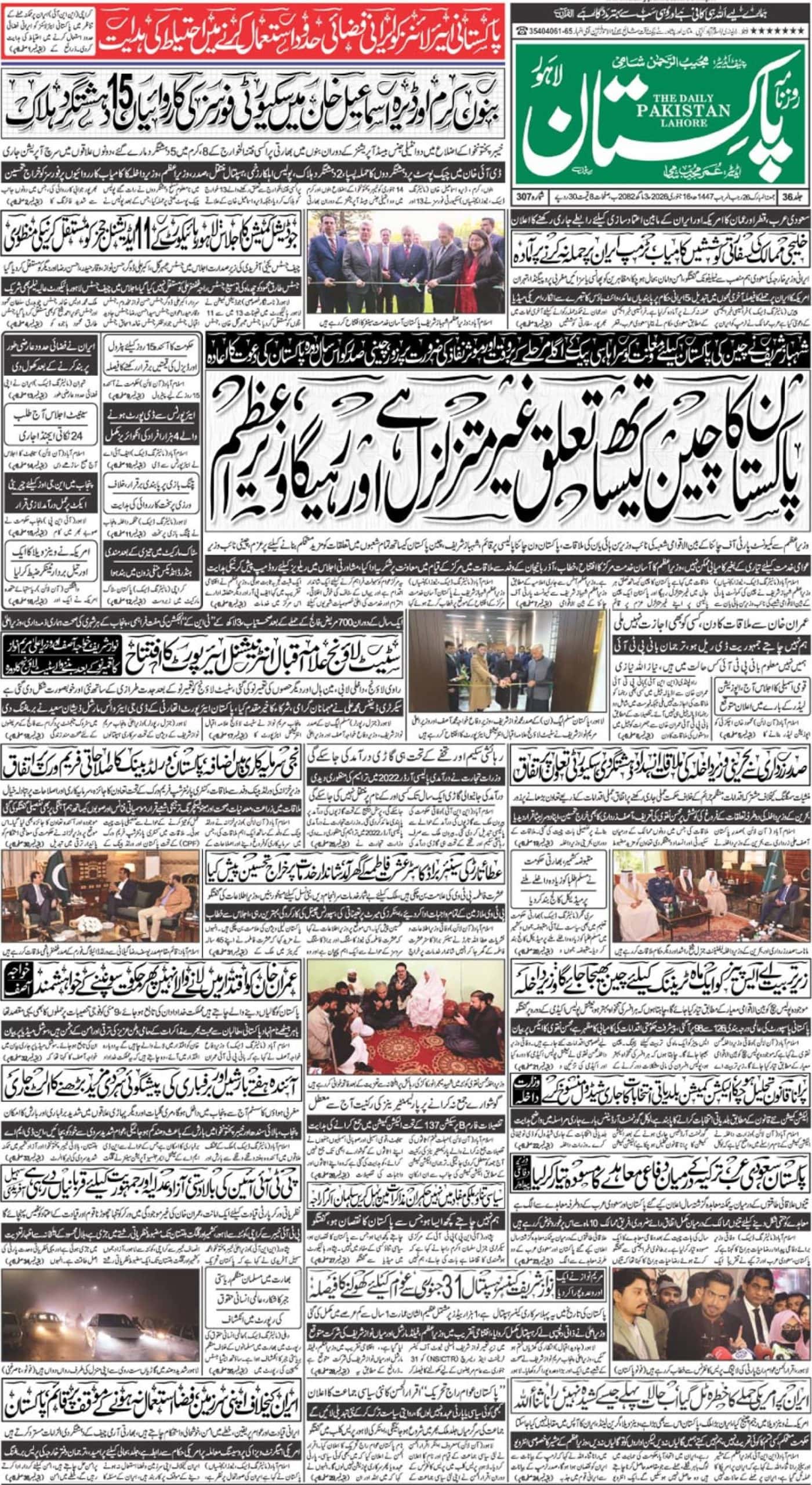A strange and telling paradox is unfolding in Narendra Modi’s India, a nation increasingly governed by a selective nationalism that picks its enemies and allies based on political convenience rather than consistent principle. It is a land where the roar of a cricket stadium drowns out the quiet prayers of the faithful, and the label of “traitor” is applied not with sober judgment, but as a political weapon.
It’s a story of two stages. On one, under the bright lights of a stadium, a cricket match against Pakistan is performed as a grand act of patriotism, celebrated and consumed by millions. On the other, quieter stage, a Punjabi filmmaker tries to create a piece of art, perhaps with an actor from across the border who perfectly fits the role. But in this play, the ending has been re-written by politics. As Chief Minister Bhagwant Singh Mann pointed out, the filmmaker becomes the villain, a “traitor” hunted down by an online army for the “crime” of collaboration. He simply asked the question everyone should be asking: How can a shared field of sport be a thing of glory, while a shared screen for art is an act of treason?
Imagine the contrast. On one hand, you have the floodlit spectacle of a cricket stadium—a loud, commercialized arena where nationalism is performed for the cameras. It’s a space of high finance and political posturing, where the “risk” of engaging with Pakistan is magically transformed into a thrilling, profitable bonanza. On the other hand, picture a quiet procession of pilgrims: families, elderly grandparents, young people seeking a connection to their roots. Their journey is not for profit or for television ratings. It is a humble, deeply human quest for spiritual peace. Yet, it is this quiet journey of the heart that the government deems an unacceptable “security risk.” As Chief Minister Bhagwant Singh Mann poignantly stated, “Cricket can wait, even films can wait… but faith cannot wait.” His words give voice to the deep wound this causes, where the quiet devotion of ordinary citizens is dismissed as a liability, while a game becomes an exercise in state power. It is a heartbreaking trade-off, where the sacred is sacrificed for the spectacle.
This is more than just inconsistent policy; it is the calculated politicization of every facet of public life. Cricket, a sport beloved across the subcontinent, has been transformed into a platform for a muscular, Hindu-centric nationalism. The Board of Control for Cricket in India (BCCI) is now deeply intertwined with the ruling BJP, with Home Minister Amit Shah’s son, Jay Shah, at the helm of its operations. This fusion of politics and sport ensures that matches against Pakistan are no longer just games; they are carefully managed spectacles of national superiority, deployed to rally domestic support, particularly in the lead-up to elections.
There are two stages in today’s India, and the government is the director of both. The first is the floodlit cricket pitch, a grand theater for performing a loud and simple version of nationalism. Here, anger is celebrated, aggression is cheered, and every victory is framed as a triumph of national might. It is a safe, sanctioned spectacle. But there is another, quieter stage: the writer’s desk, the canvas, the film set. On this stage, the actors—the thinkers and creators—are no longer free to improvise. They perform for a shadowy audience of censors. Every word is weighed, every image scrutinized, not for its truth or beauty, but for its potential to offend those in power. Any voice that strays from the official script is not just criticized, but hounded into silence. This creates more than a chill; it drains the lifeblood from the culture, ensuring that the stories we tell ourselves are no longer honest reflections of who we are, but hollow echoes of what the state wants us to be.
The most dangerous consequence of this selective nationalism, however, is its impact on India’s minorities. The rhetoric that paints Muslims and other marginalized groups as the “other” has grown louder under the Modi administration. Human rights organizations have repeatedly flagged a rise in religiously motivated violence and the implementation of discriminatory laws. While the prime minister asserts on the global stage that there is “absolutely no space for discrimination” in his country, the reality on the ground for many communities is one of increasing vulnerability.
The decision to bar Sikh pilgrims is a poignant example of this. It instrumentalizes their faith, treating a sacred duty as a dispensable pawn in a larger political game with Pakistan. For Sikhs, the pilgrimage is a deeply personal and spiritual journey, a connection to the very origins of their faith. To deny them this right, while profiting from a cricket match, sends a clear message about who and what the government truly values. It suggests that the interests of political and financial elites—epitomized by Mann’s biting remark that the match must go on because the “producer is the son of a big sahib”—override the fundamental religious freedoms of ordinary citizens.
Ultimately, this is a dangerous game played with the emotions of millions, and the consequences spill far beyond India’s borders. Treating nationalism as a political tool, something to be brandished or put away as it suits the moment, poisons the very possibility of genuine peace. It turns diplomacy into a charade. How can any meaningful dialogue happen when one side’s outrage is performative? Leaders across the border are left guessing: is this anger real, or is it a show for the home crowd? This creates a climate of permanent instability, a state of calculated hostility that is far too useful for domestic politics. It provides a convenient enemy, a constant distraction from pressing problems at home. But this cynical game traps entire generations in a cycle of suspicion and fear, making the dream of a peaceful, cooperative future in the region feel not just distant, but heartbreakingly out of reach.
The soul of a nation is not reflected in the belligerence of its television debates or the outcome of a cricket match. It is found in its ability to protect the rights of its most vulnerable, to nurture art that challenges and inspires, and to honour the diverse faiths of all its people. By trading principle for politics, the Modi government is eroding this very soul, leaving behind a hollowed-out version of democracy where the rights of the individual are sacrificed at the altar of a manufactured and dangerously selective nationalism.














